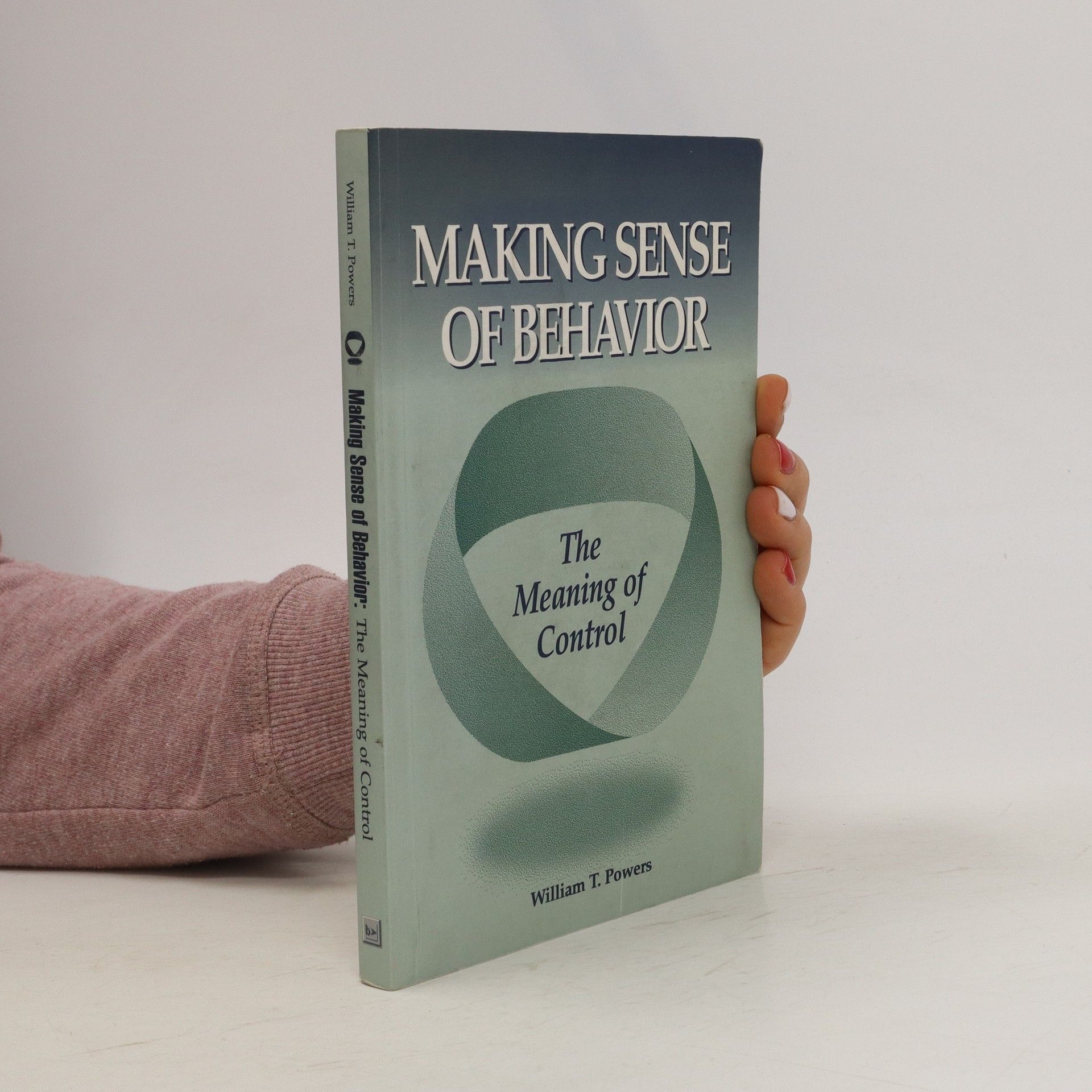The along-anticipated work on Perceptual Control Theory (PCT) by the originator of this system of ideas, written for the general public in nontechnical language. Back cover copy by Richard S. Marken, Senior Behavior Scientist, The RAND Corporation. "Some of the best science is done by people who refust to take the obvious for granted. Copernicuss didn't take the sun's daily trek across the sky for granted, Einstein didn't take the regular tick of time for granted, and William T. Powers didn't take the appearance of behavior for granted...A number of scientsts, impressed by the power and beauty of control theory as applied to behavior, have devoted their research efforts to testing and expanding Powers' ideas on living control systems. Obviously, I am one of them. I knew after reading Behavior: the Control of Perception (Powers, 1973) that Powers had something very important to say.
William T. Powers Libri
William T. Powers fu un fisico medico, autore di fantascienza e studioso indipendente di psicologia sperimentale e teorica. Sviluppò il modello della teoria del controllo percettivo (PCT) del comportamento come controllo della percezione, spiegando come gli organismi viventi controllino i propri input sensoriali anziché i propri output comportamentali. Il lavoro di Powers postula che, a differenza dei sistemi ingegnerizzati, i sistemi viventi generano internamente i propri valori di riferimento, creando una gerarchia di controllo. Progettò anche il gioco da tavolo Trippples.
